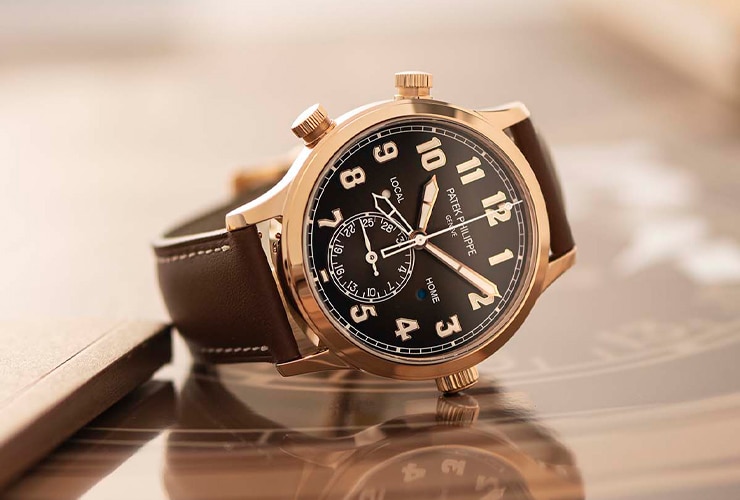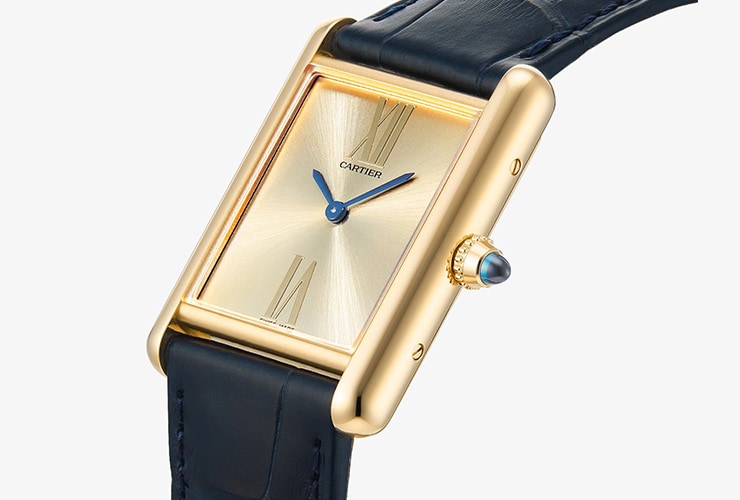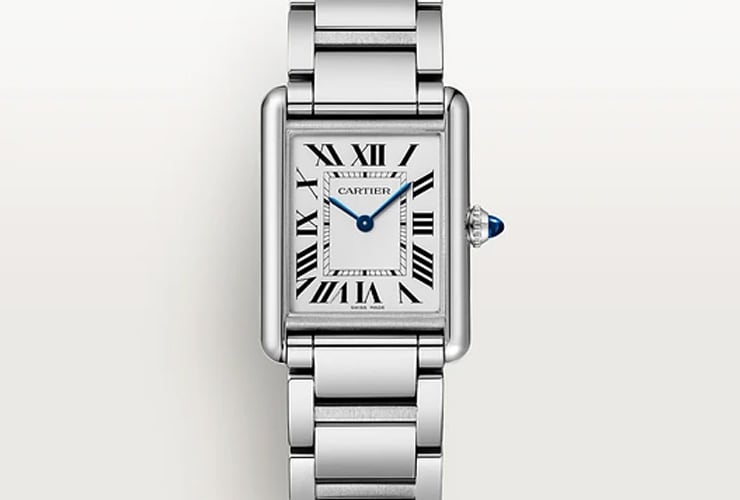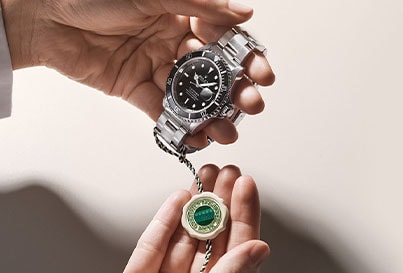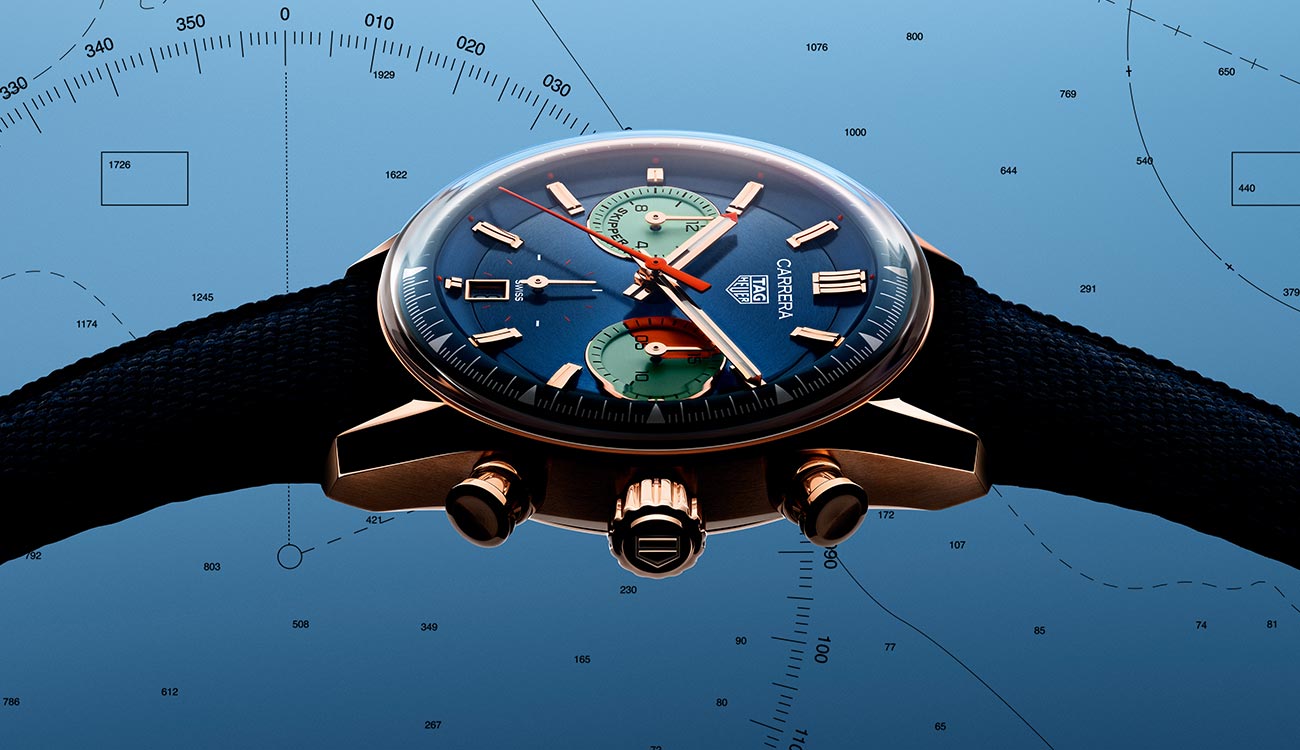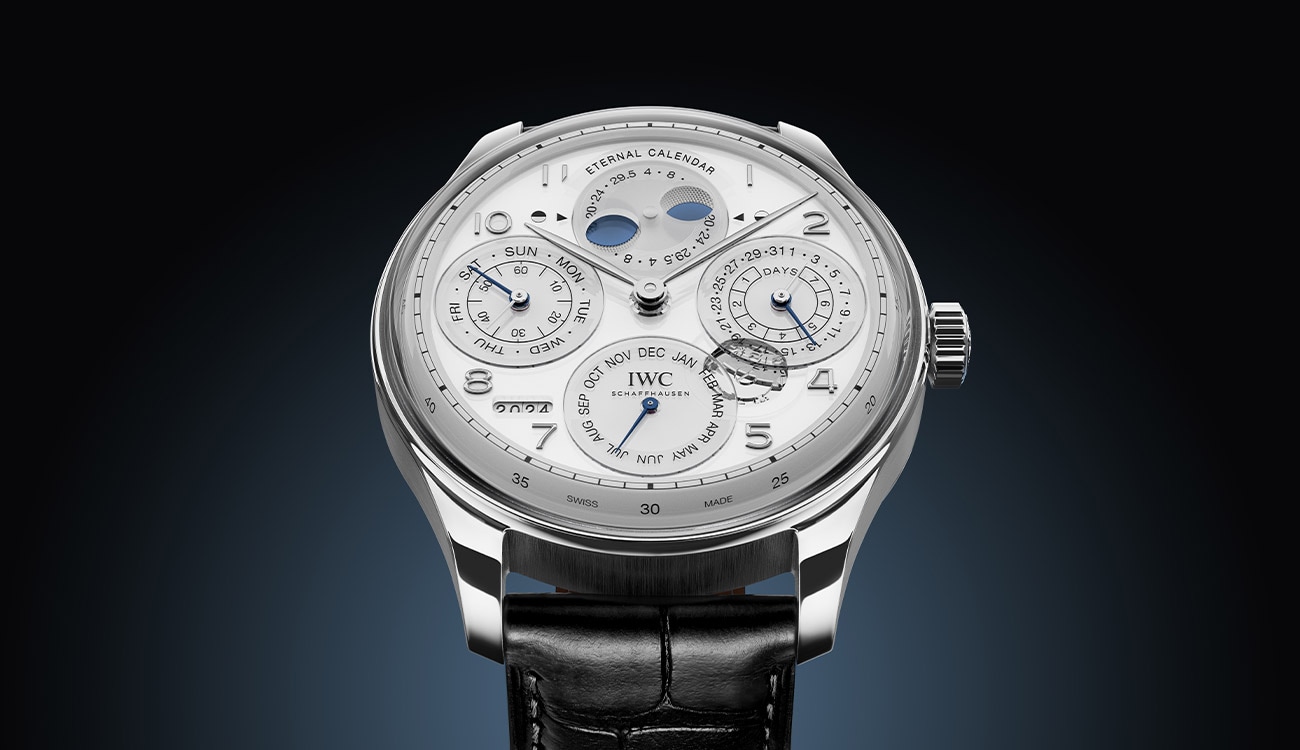Sustainability in the Watch Industry
By The Watches of Switzerland Group | 4 minute read

Russell Sheldrake is a freelance watch journalist who is interested in horology, men’s style and grooming. In the past he has worked for Business Insider and currently writes for QP, Gentleman’s Journal and The Week. In this article Russell talks about how the watch brands are doing their part to help with the environment, and whether they are moving in the right direction to become more sustainable.
Our Planet, the latest documentary series narrated by national treasure Sir David Attenborough, uses a combination of awe-inspiring photography and cutting-edge technology to capture footage of Earth’s remaining wildernesses and their animal inhabitants. But don’t let Sir David’s familiar, soothing voice lull you into a false sense of security – we need to act now if we want to halt climate change and preserve them for posterity.
State of emergency
Last year, as a global population, we pumped 37.1 billion tonnes of CO2 into the atmosphere – and half of this came from manufacturing. As we all know by now, this is not only causing the planet to heat up, but affecting the pH levels of the oceans, too. And if that weren’t sufficiently disastrous, the UN Environment Programme claims that, by 2050, there will be more plastic in our seas than fish, so, pretty soon, if you go snorkelling, you’ll be more likely to have a close encounter with a carrier bag than a clown fish.
While it’s the world’s youth who’ve been in the spotlight of late, railing at governmental lassitude, it’s up to all of us, young and old, to take action to limit global warming to 1.5C and prevent any more irreversible damage. Yet, while as individuals we may be doing our bit, when it comes to sustainable production of goods, there is more to be done.
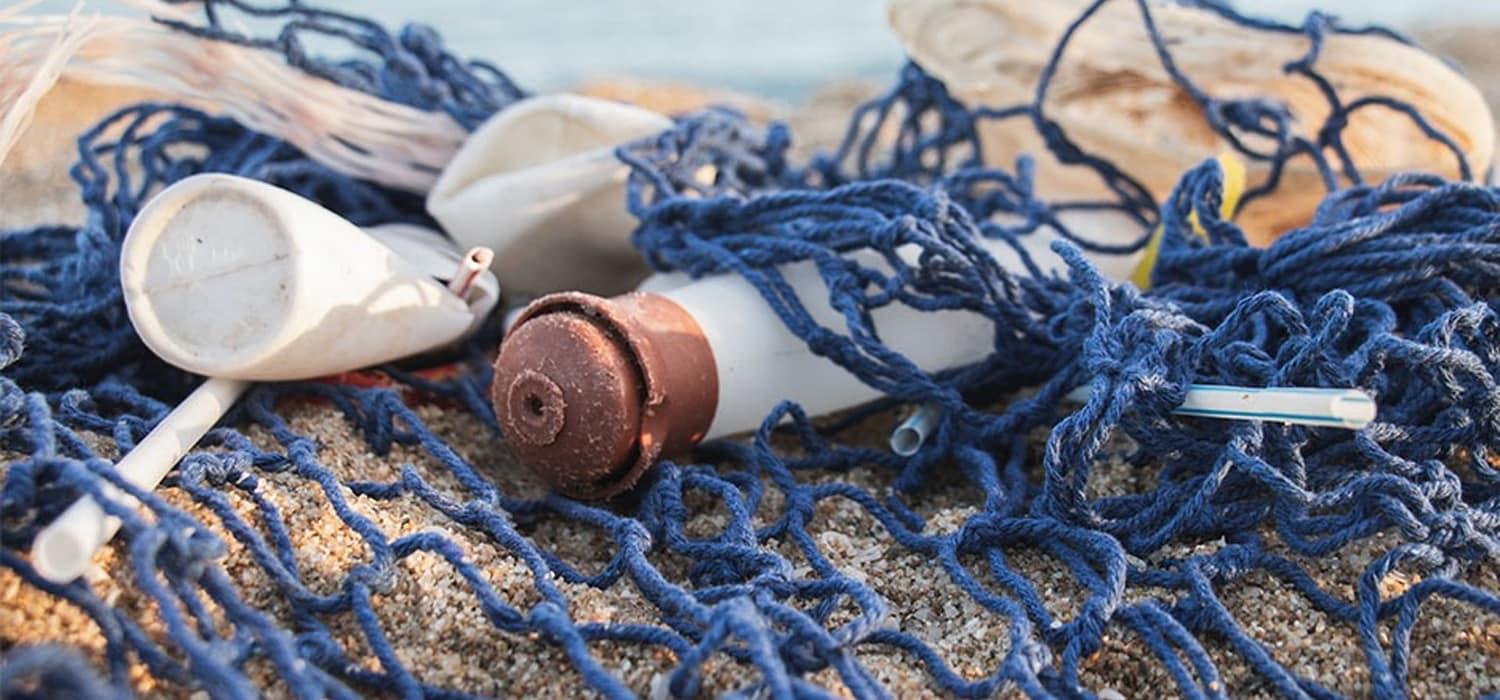
Making Progress
The watch industry is among those sectors that have been slow to change. Admittedly, a Swiss-made timepiece could hardly be considered a disposable product – it’s designed to be passed down the generations, after all, as that famous Patek Philippe advertisement will tell you. But, at present, it’s difficult to assess whether the horology houses are in it for the long haul or simply jumping on the eco bandwagon. While they’re certainly making a concerted effort to change the way they produce, package and market watches to reduce their carbon footprint and cut the planet some slack, the question is whether it’s a case of too little, too late.
To give credit where it’s due, however, for some brands, such as Chopard, taking conscious action to make production sustainable is nothing new. The family-run maison took its supply chain back in-house in 1978 and also has its own foundry, meaning it’s able to recycle up to 70 per cent of its production waste – in this case, gold – thus reducing the need for further mining. Last July, it announced a 100-per-cent commitment to ethical gold as part of its self-billed ‘journey to sustainable luxury’. This means all the gold it uses to create its watches and jewellery has been sourced from suppliers that meet the highest environmental and social standards.

Saving the seas
Blancpain has also been doing its bit. Since 2014, it has launched an annual limited-edition Ocean Commitment watch, significant proceeds from which are donated to support sea-going scientific expeditions. As a founding supporter of National Geographic’s Pristine Seas Expeditions, the brand can also lay claim to having helped create 11 marine-protected areas around the globe, and to have safeguarded more than 4,000,000 sq km of ocean.
Panerai has also stepped up to the plate. For its latest launch, the brand has collaborated with explorer Mike Horn, who lists ‘preserving our planet’ among his hobbies. Its 47mm Submersible Mike Horn Edition is cast in recycled titanium and its strap is made from recycled plastic. It’s mindful of observing eco-friendly practices behind the scenes, too – its new manufacture in Neuchâtel has been designed to reduce its carbon-dioxide emissions to zero. It even stores rainwater in a 50,000-litre tank to irrigate the surrounding trees and grass.
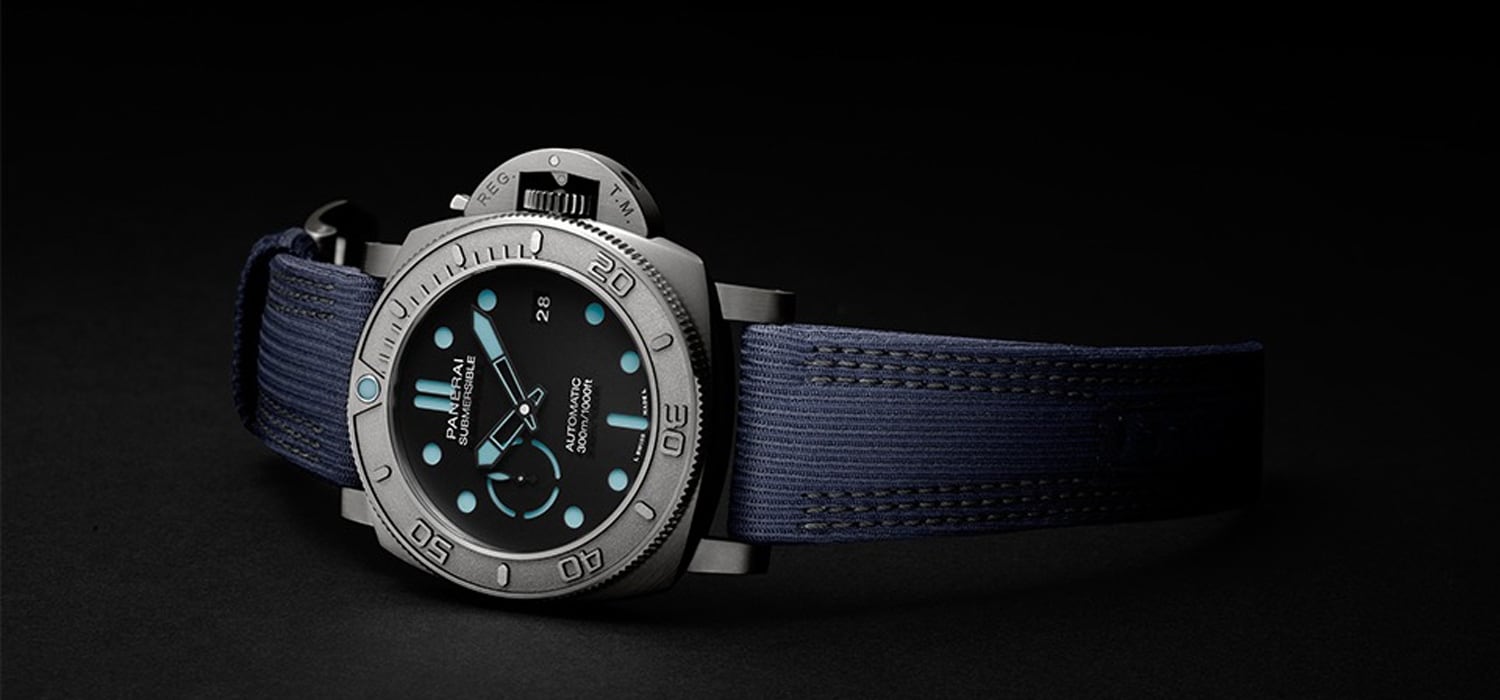
In fact, it’s what watch brands quietly do behind closed doors like this that often makes the most difference. Take OMEGA, for example, which has met its zero-carbon commitment at its new building in Biel. And then there’s IWC, which has taken multiple steps to lower the carbon footprint of its production, from installing solar panels on the roof of its new manufacture in Schaffhausen to reusing the heat that’s generated by its machines.
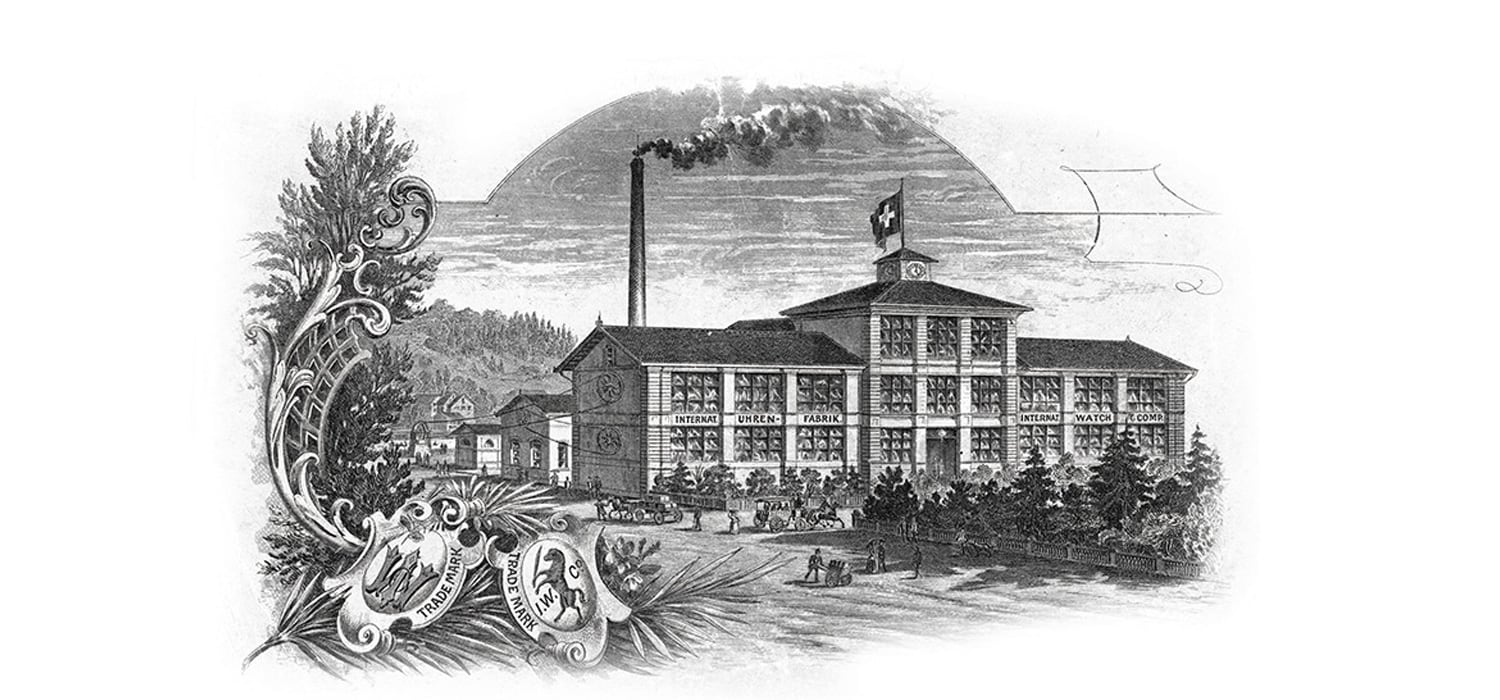
Any energy it doesn’t produce or reuse comes from a Swiss hydroelectric station and is generated without producing any CO2 emissions.
So, while there are certainly ways watch houses could make themselves more sustainable, they’re moving in the right direction. Let’s hope the planet is around long enough for us to find out if the industry really does want to make this world a better place – and not just one with better watches.
© 2025 Watches of Switzerland
Watches of Switzerland is a trading name of Watches of Switzerland Company Limited. Registered Office: Aurum House, 2 Elland Road, Braunstone, Leicester, LE3 1TT, Registered in England and Wales, Company number 00146087. Registered VAT Number 834 8634 04. Watches of Switzerland Company Limited acts as a broker and not a lender and offers finance from Secure Trust Bank PLC trading as V12 Retail Finance and PayPal UK Ltd, 5 Fleet Place, London, United Kingdom, EC4M 7RD trading as PayPal Credit. Watches of Switzerland Company Limited is authorised and regulated by the Finance Conduct Authority. Our registration number is 308710. *Credit is provided subject to affordability, age and status. Minimum spend applies. Terms and Conditions apply. UK residents only. Not all products are regulated by the Financial Conduct Authority and FOS protection will not be extended to unregulated agreements. Please note the Consumer Credit Act states that should your purchase / loan amount cost more than £30,000 you will not be covered under Section 75 of the Consumer Credit Act.
*Next day delivery available on most items. See product pages for more information.

